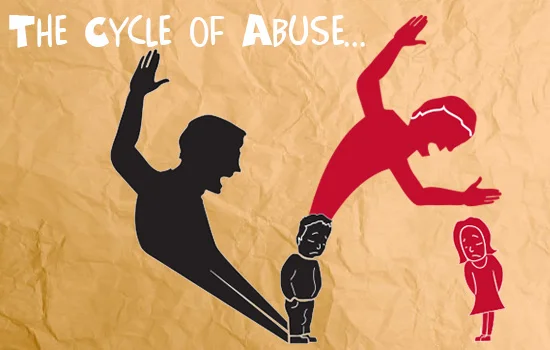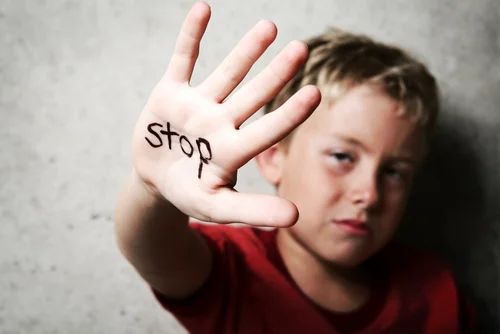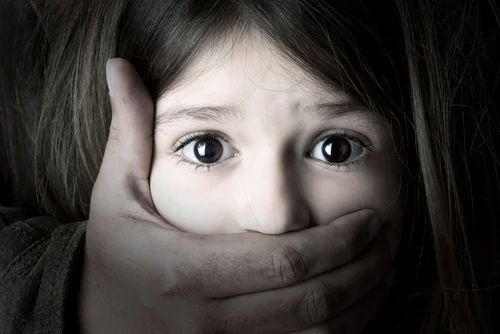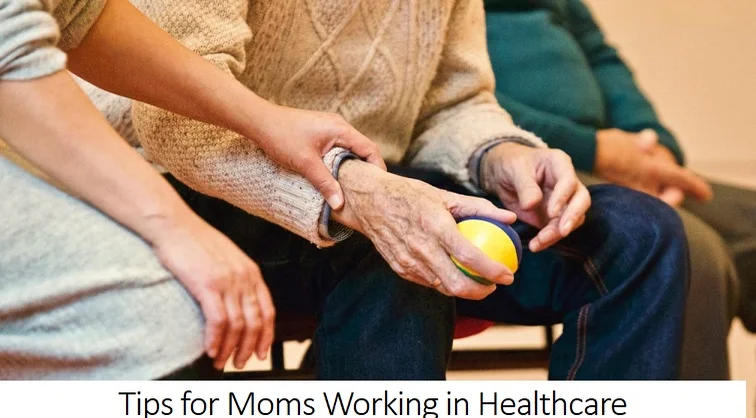+1 845 259 2974 (11 a.m to 7 p.m CST)
Domestic violence: Does your teen know how to tackle this evil?

Shouldering the responsibility of ensuring the safety of your young ones, you need be aware of the different types of threats they may be exposed to during their teenage years, including domestic and teen dating violence. Seldom addressed by parents, the issue is gradually growing in prevalence among teens, with a 2011 national study of 15,000 high school students revealing 9.4 percent victims who suffered injuries at the hand of their partners, and 8 percent victims who were forced into having sex. Only 3 percent of the victims approached an adult for help. The stats have indeed brought the association between teenagers and domestic violence to light, thus making it imperative for you to give due attention to the threat.
The multifaceted nature of domestic violence
Being young and inexperienced, your teen may not have a very clear idea about domestic violence causes and scope, as well as teen dating violence, which slightly differs from intimate partner violence pertinent to adults.
Your kid may already be aware of the vague definition of domestic violence, which is limited to physical violence. Make it clear to them that while physical abuse is the most blatant form of domestic violence, emotional, sexual and economic abuse are also major constituents of the offence and therefore equally deplorable. Instead of relying on your teen’s prior knowledge, go into the details of what the four types of abuses involve so that there isn’t any ambiguity left in their mind.
Teen dating violence is another topic that you need to focus on during your discussion with your kids on domestic violence. Since young people have limited experience in relationships - may not be good at negotiating conflicts, are dependant on their partner for financial support, and often influenced by peers - a more specific approach is required to address this issue. Don’t mix teen dating violence up with intimate partner violence completely, although both the types of domestic violence share similar characteristics and stem from a similar motive, which is to exert power and control over their partner.
Implications of domestic violence
Making your teen familiar with the concept of domestic violence and its different types may not prove to be enough. You need to explain to them why the offence is considered so serious. Talk to them about the various implications that it can have for the victim, as well as for the perpetrator. Explain how suffering physical, emotional, sexual, and economic abuse can result in not just physical and emotional scars, but also lead to depression, post-traumatic stress disorder, and dissociation. The perpetrator may also suffer emotionally due to guilt, and find themselves indicted for committing a civil offence.
Threat mitigation and response
Experiencing domestic violence as a teen can have far-reaching effects, especially for the victims, which makes it imperative for you to educate your young ones on the topic as early as possible. Explain to them what healthy and unhealthy relationships look like, and why they need to escape the latter as soon as possible. Talk to them about the routes they can take in order to get out of such situations, including calling the police and getting an order of protection, approaching a trusted and caring adult such as a parent or school counselor, or contacting a domestic violence specialist for help and guidance.
The thing about domestic violence is that neither the offender nor the victim may be willing to talk about it, thus making the situation even more complicated. However, by talking to your teen on the issue early and explaining everything from the scope and implications to the escape routes to them, you can ensure that if they ever find themselves experiencing domestic violence, they would know exactly what to do.






















